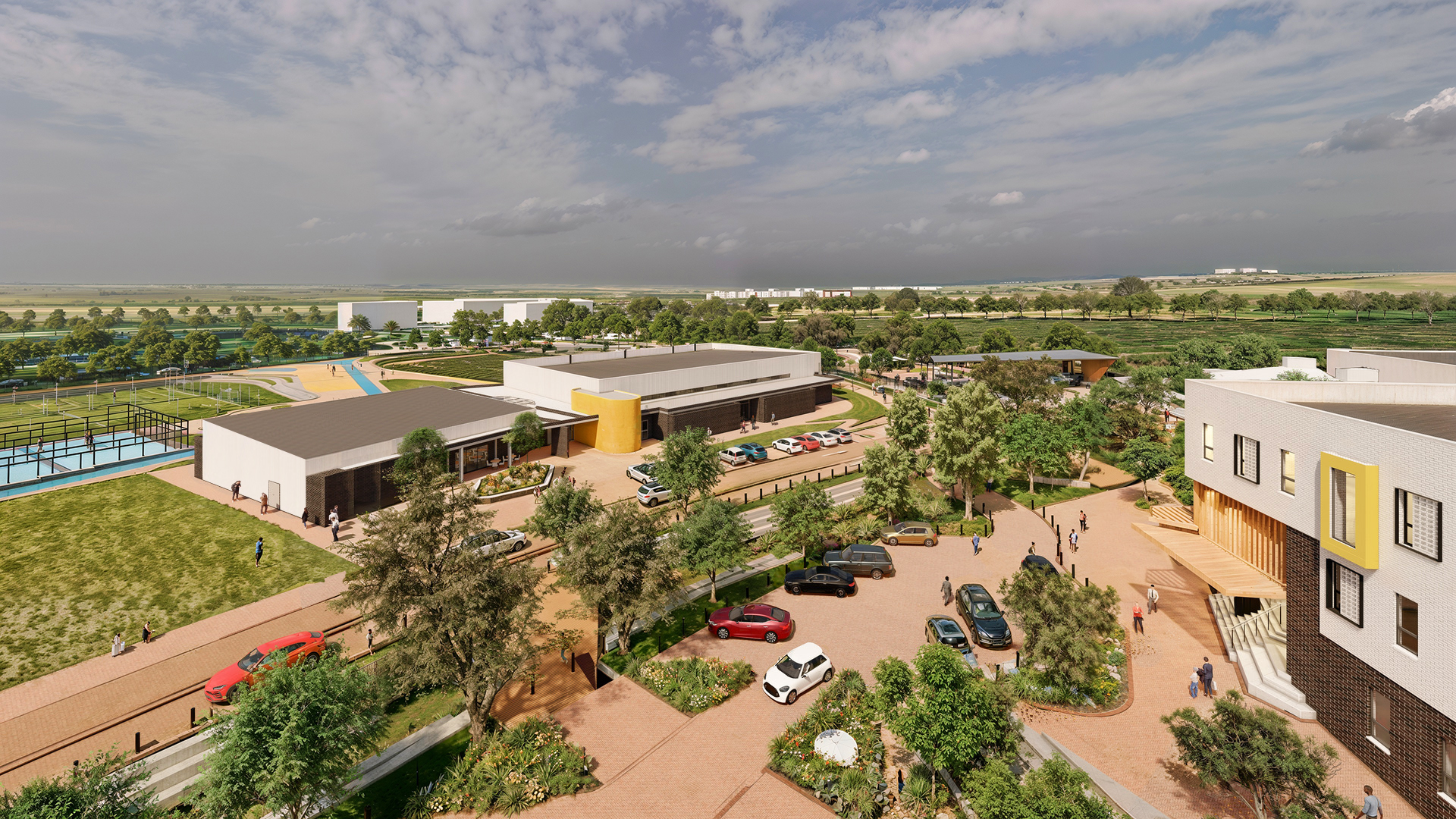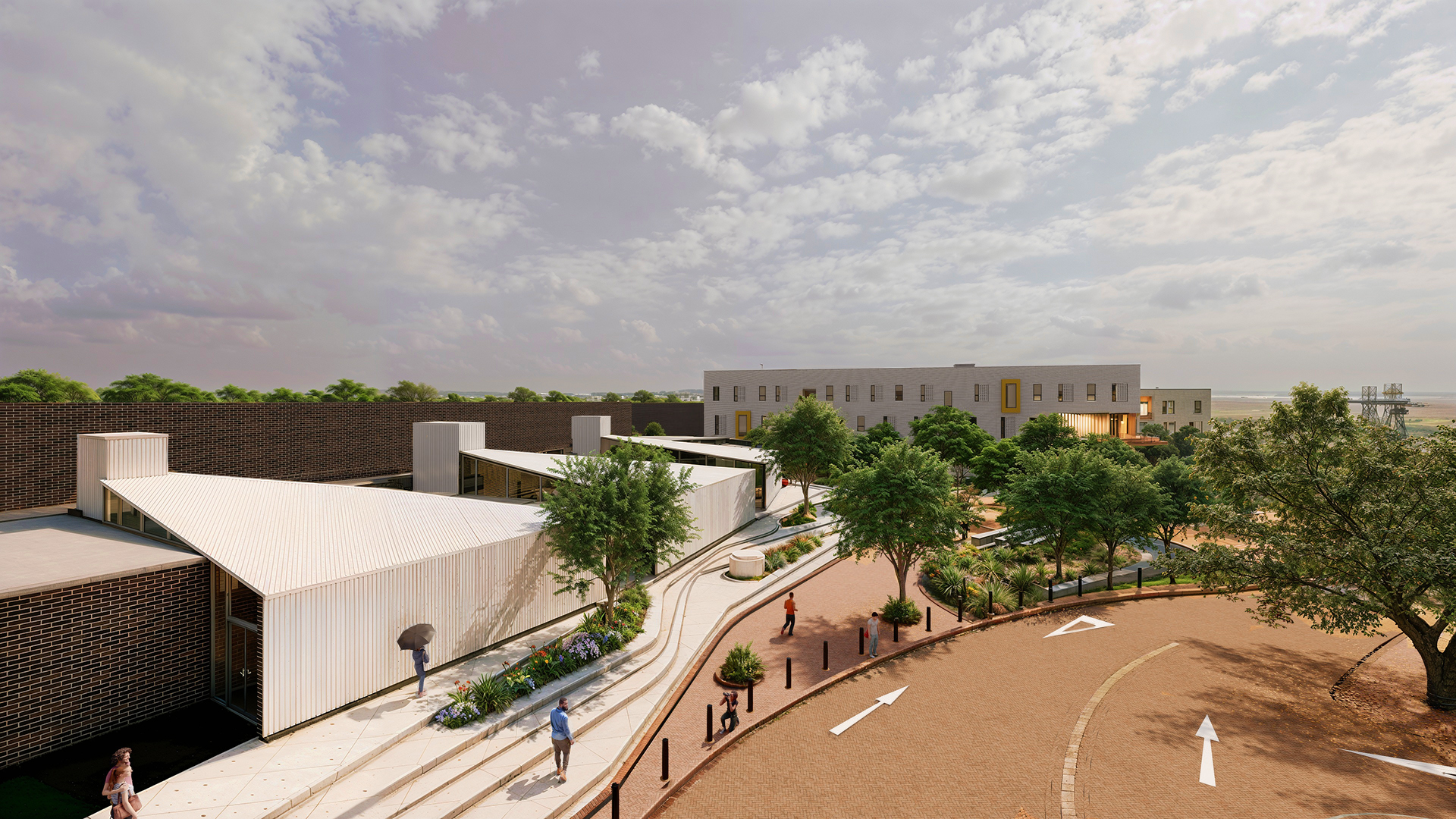We are building a new Vision in Higher Education
rgb(78,190,174)
New Building updates
February 2026 Update
From blueprint to breakthrough. The brand new STADIO Durbanville campus is rising fast! Still building, but officially open for 2026. The future starts here!
December 2025 Update
Catch up on our almost complete build in the beautiful Western Cape
October 2025 Update
Exciting things are happening at STADIO Durbanville—our campus expansion looks incredible from above!
September 2025 Update
The view from above never looked so promising. Our STADIO Durbanville campus is growing fast!
July 2025 Update
Our STADIO Durbanville Campus is advancing! Catch a glimpse from above with our latest drone updates.
June 2025 Update
The STADIO Durbanville Campus is looking fantastic! Don’t miss out - check out our newest drone views!
May 2025 Update
Our STADIO Durbanville Campus is looking great! Be sure to stay up-to-date with our latest drone footage!
April 2025 Update
The new STADIO Durbanville campus is coming to life! 🚀 Catch the stunning drone footage and see its progress unfold.
March 2025 Update
It’s taking shape! 🚀 Don't miss the breathtaking drone footage of the new STADIO Durbanville campus.
February 2025 Update
It’s getting real! Check out the stunning drone footage of the new STADIO Durbanville campus.
A new vision in higher education is coming to life!
STADIO PUT DOWN ROOTS IN DURBANVILLE
STADIO celebrated the planting of the first tree on the Durbanville Campus. Set to be a comprehensive facility with state of the art buildings and world class sports stadiums, this campus will be the STADIO showroom in the Western Cape.
Members of the STADIO community: High school leaders, school principals, partners, investors and members of the press were present to commemorate this mammoth undertaking.
Enjoy a selection a of images from the event held on 06 November 2024.
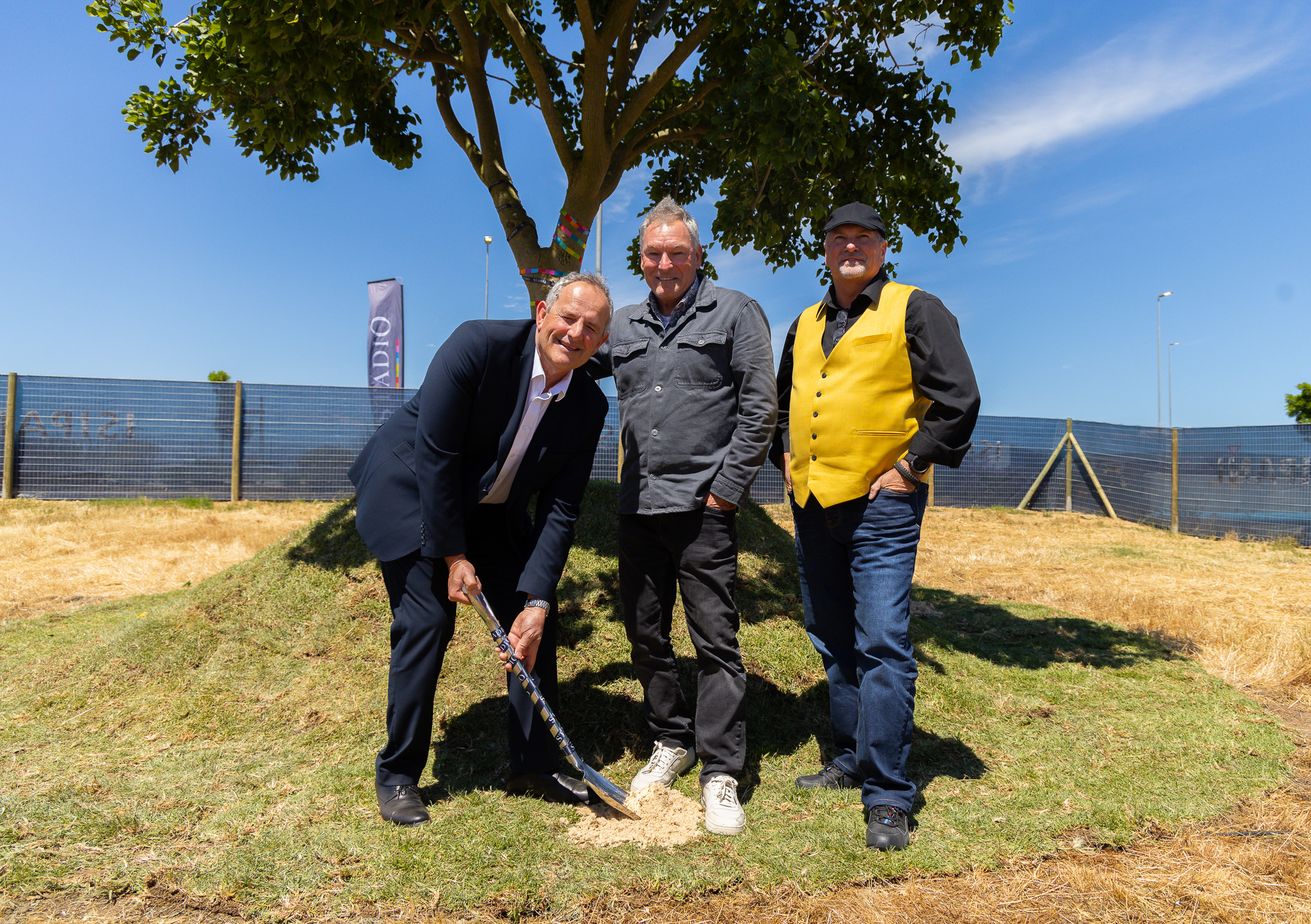
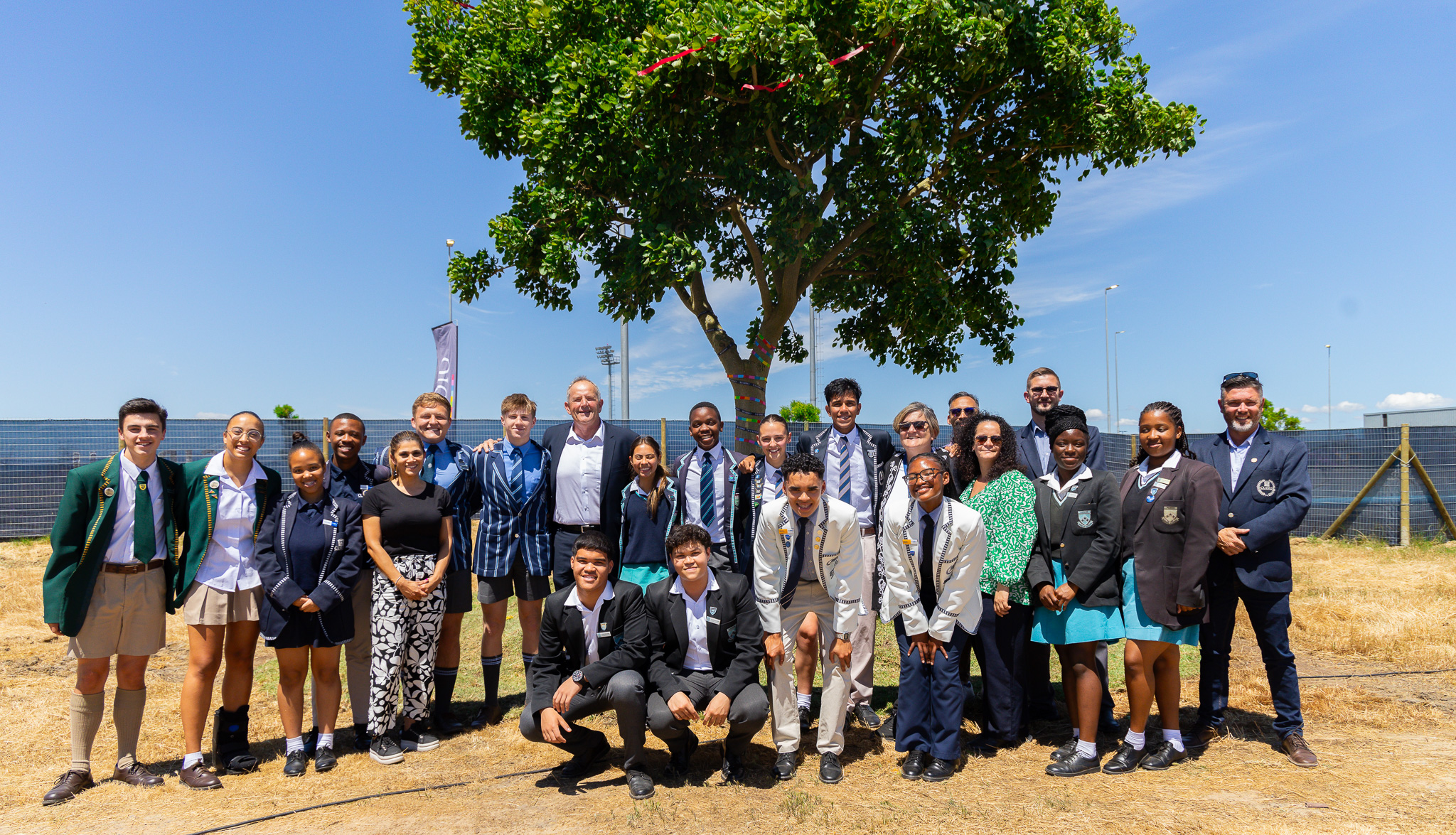
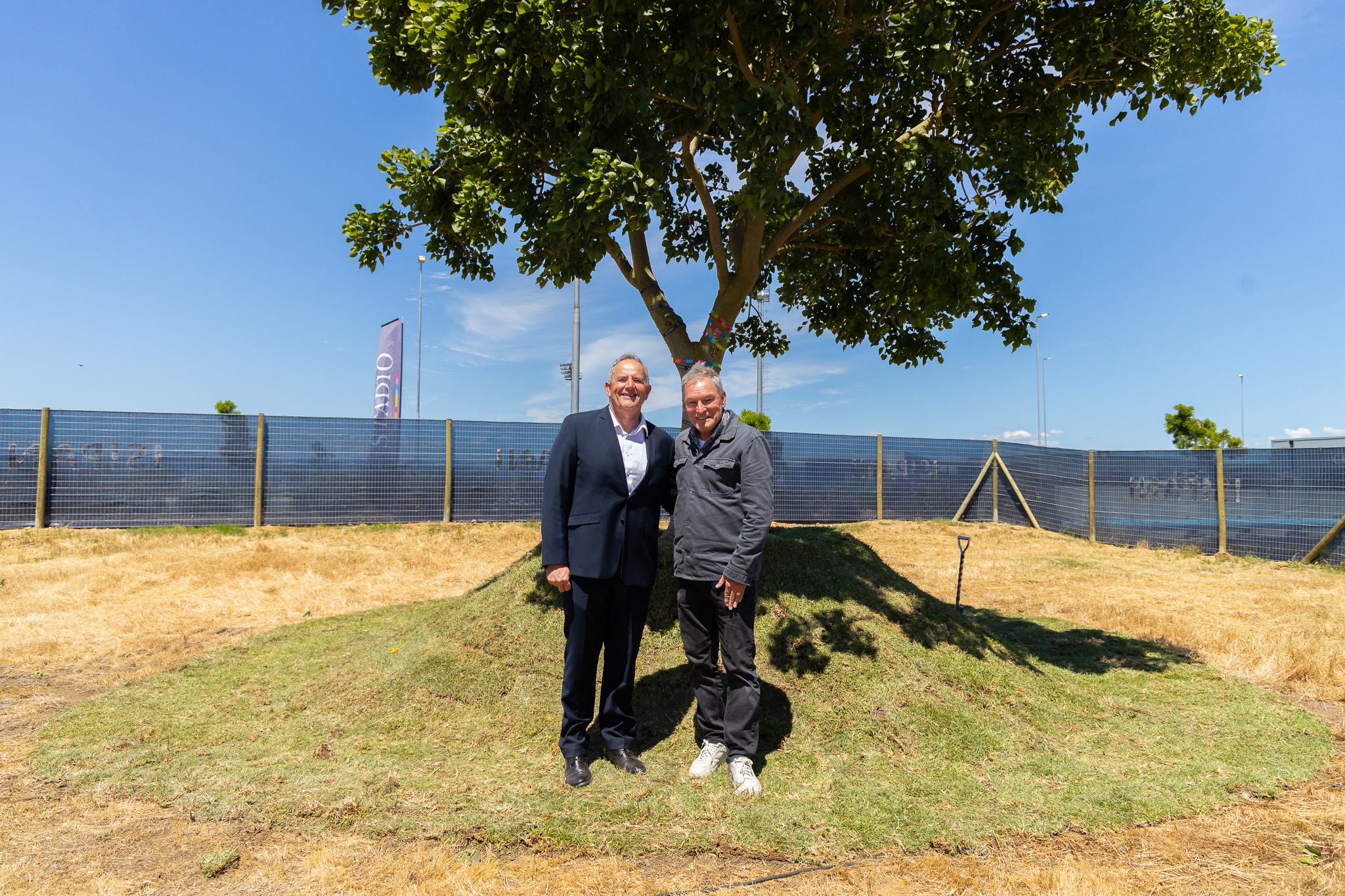
STADIO set to launch new Durbanville campus in 2025
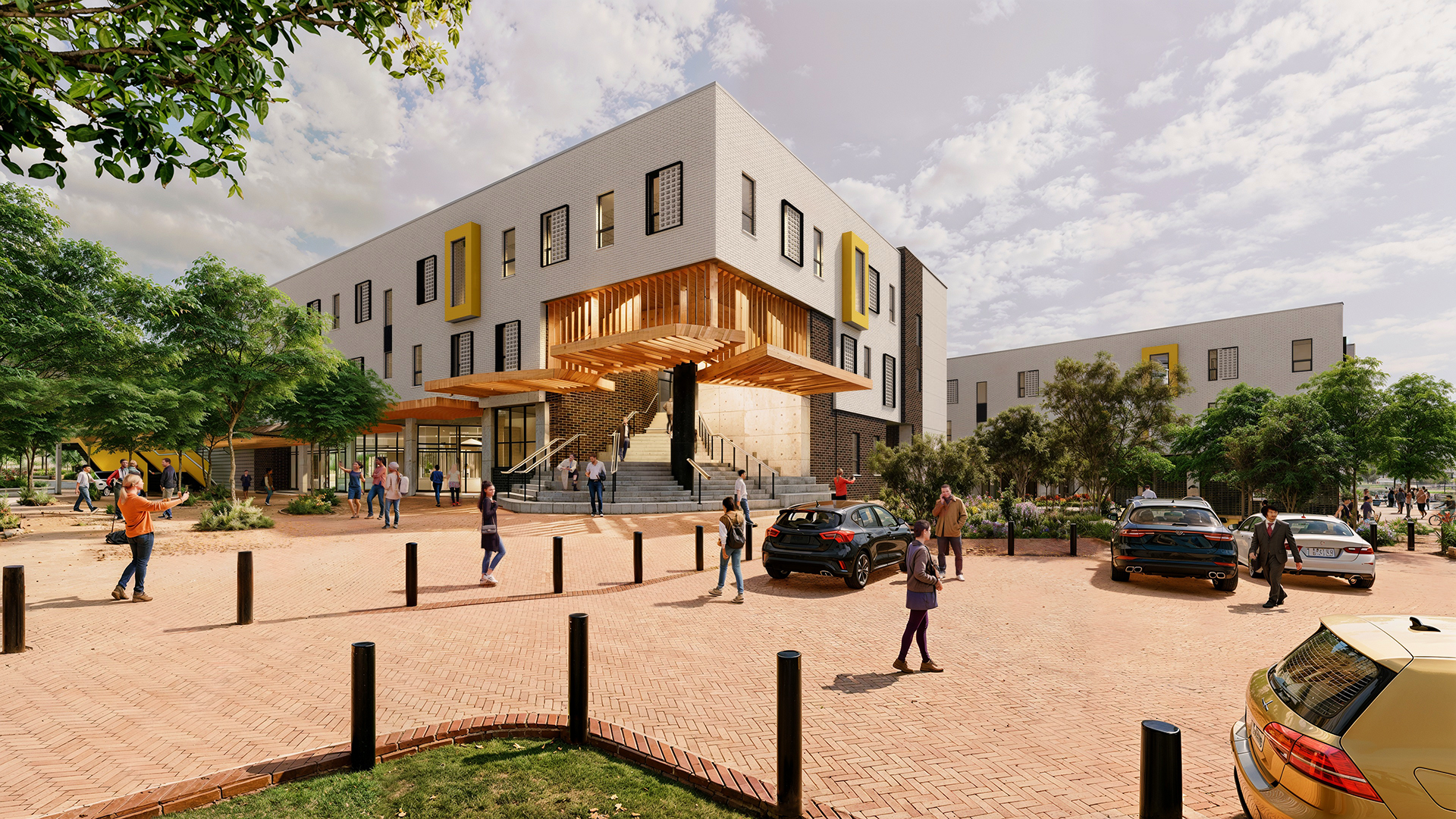
VIEW OF SQUARE AND BLOCKS B (behind) AND C (front)
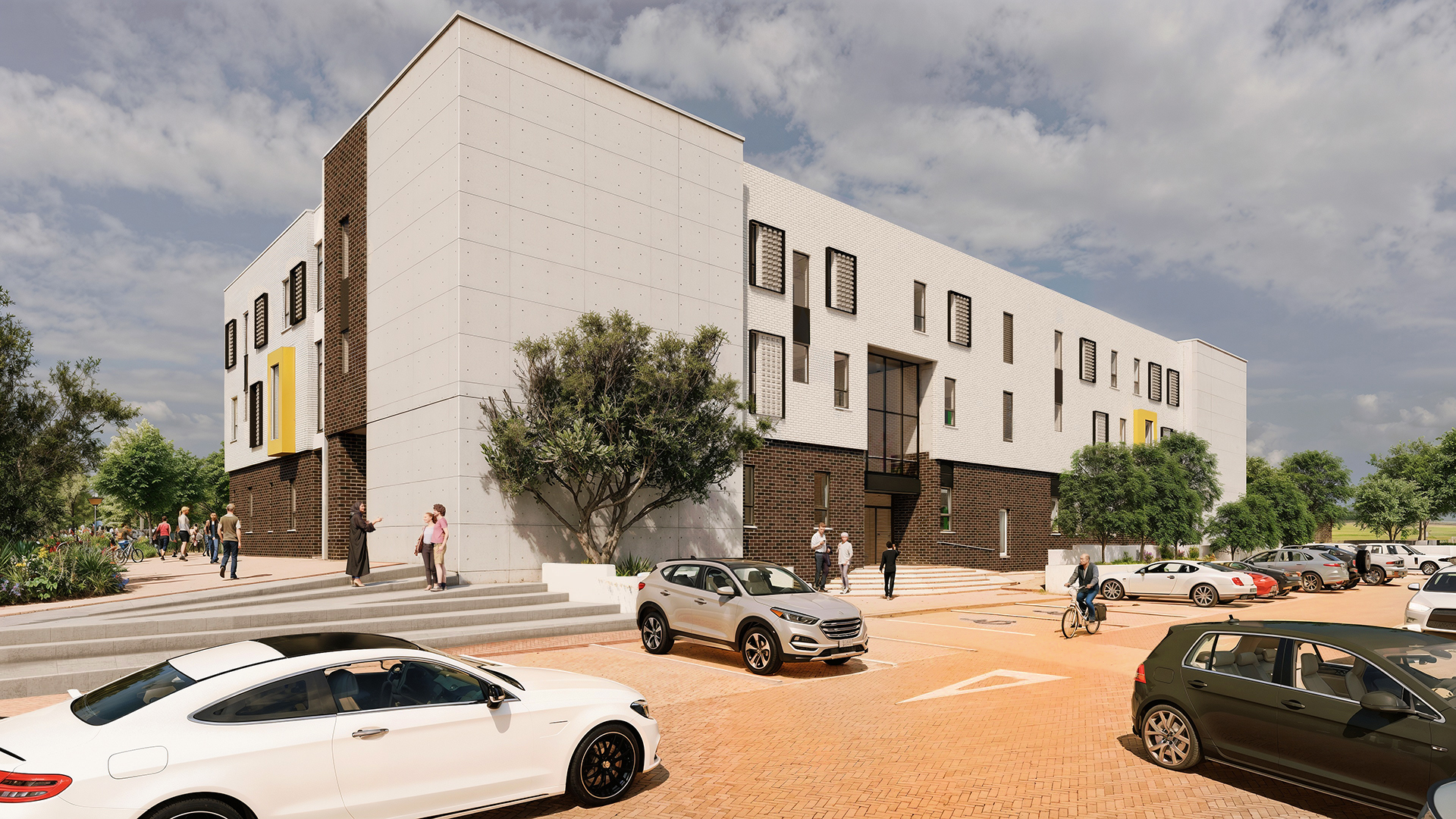
SIDE VIEW OF BLOCK B
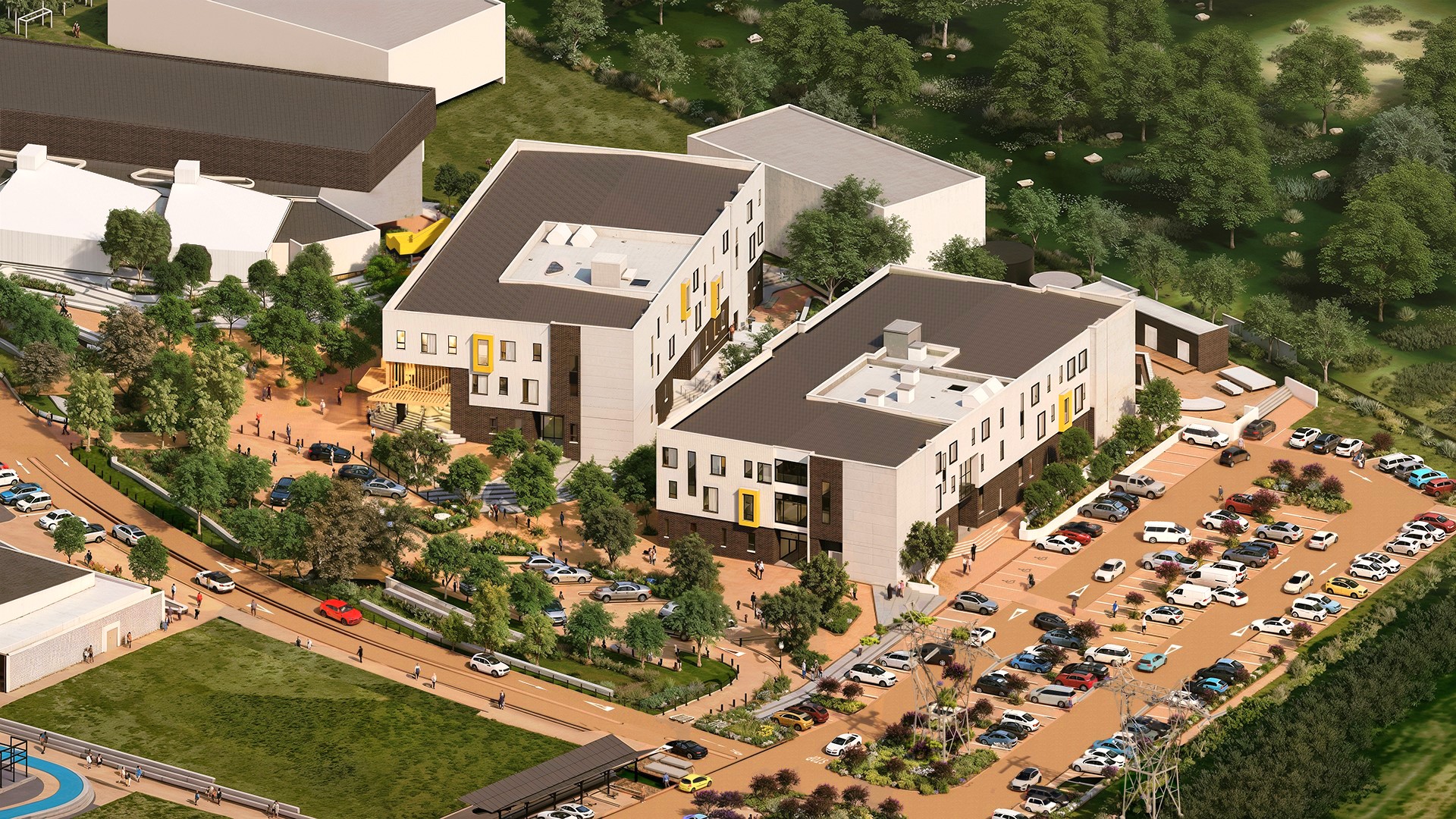
AERIAL VIEW
